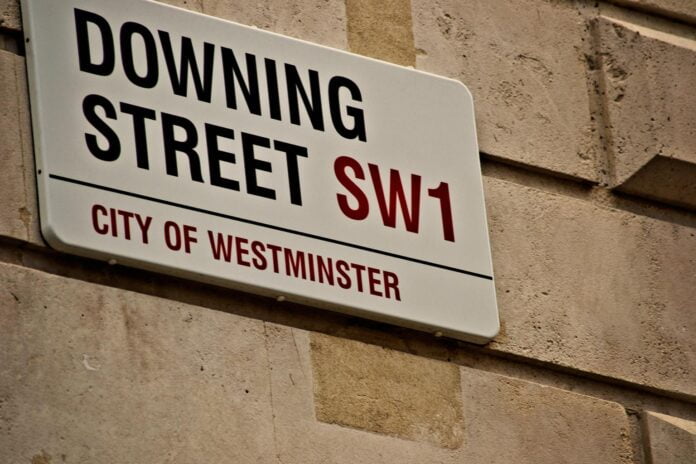As the UK gears up for another pivotal election, the major political parties are under scrutiny regarding their fiscal strategies to support their campaign pledges. With manifestos set to be released next week, questions about funding, taxation, and spending cuts are dominating the political discourse.
Funding the Promises: A Fiscal Dilemma
Both Labour and the Conservatives have made significant election pledges without planning to raise the main tax rates—income tax, National Insurance, or VAT. This decision has led to the independent Institute for Fiscal Studies cautioning that the next government must either cut public services or find alternative revenue sources to maintain the current level of departmental spending.
Labour’s Strategy: Prisons and Tax Loopholes
Labour has announced its intention to build more prisons and not raise taxes for the working class, maintaining financial commitments within the existing fiscal framework. They plan to end VAT exemptions for private schools and close tax loopholes for non-doms, alongside a windfall tax on oil and gas company profits. Yet, the spectre of public service cuts looms large, with Labour leader Sir Keir Starmer hinting at austerity measures but promising economic growth instead.
Conservatives’ Focus: Welfare Reforms and Tax Avoidance
The Conservative campaign has concentrated on welfare reform. They propose funding their pledges, which include maintaining child benefit payments for high earners and raising the tax-free pension allowance, by enhancing efforts to crack down on tax avoidance—a strategy expected to generate £6 billion.
Challengers on the Fringe: Reform UK and the Lib Dems
Reform UK proposes radical cuts to public spending by streamlining services, particularly targeting perceived inefficiencies within the NHS. They also plan to overhaul the tax system, increasing personal allowances and abolishing inheritance tax for estates under £2 million.
Conversely, the Liberal Democrats are focusing on bolstering the health and social care sectors, planning to raise the Carer’s Allowance and adjust its eligibility criteria, reflecting their commitment to supporting vulnerable groups.
Emerging Themes and Manifesto Promises
As manifestos are about to be published, each party’s fiscal strategy will be critically examined. The Tories are hinting at long-term tax cuts, including the abolition of stamp duty for first-time buyers and potentially scrapping National Insurance. Labour promises stability with no unexpected tax hikes, focusing instead on public sector investments and recognising a Palestinian state to foster peace in the Middle East.
The smaller parties, from the Liberal Democrats to the Greens and the SNP, are also outlining ambitious plans ranging from healthcare reforms to independence referendums, shaping a diverse political landscape.
The upcoming UK election presents a complex tapestry of financial and political strategies, with each party vying to present a viable, funded pathway for their visions of Britain’s future. As the electorate evaluates these promises, the depth and feasibility of each party’s funding strategy will undoubtedly play a crucial role in shaping voter decisions.
Further reading




